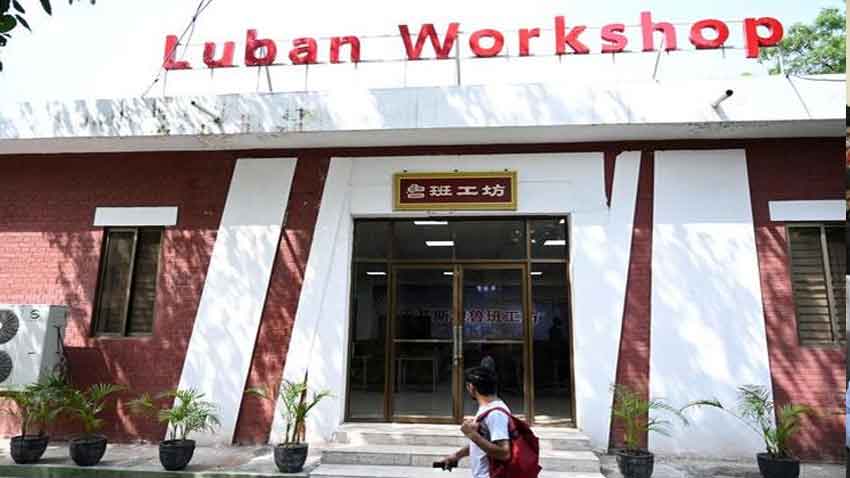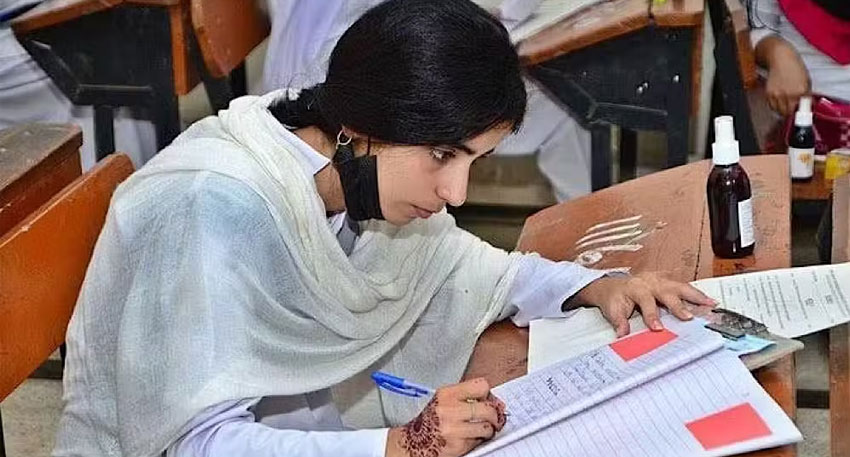
He said the International Monetary Fund also recommends keeping interest rates positive relative to inflation.
According to him, Pakistan s current interest rate of 11% is excessively high, especially considering the inflation rate is around 4%. With the upcoming monetary policy announcement on July 30, he has urged the State Bank of Pakistan to reduce the interest rate in order to stimulate economic growth.
Tanveer pointed out that the government has accounted for Rs8.5 trillion under the head of bank interest rate, and reducing the interest rate to 6% could save approximately Rs3.5 trillion. This reduction would have a positive impact on the economy, particularly for industries struggling with high interest rates and electricity costs. Pakistani exports could become more competitive globally, as interest rates in international markets range between 4-5%.
However, he said, the recent budget measures, including sections 37A and 37B granting powers of arrest and detention, will further stifle business growth. Mr. Tanveer emphasized the need for a business-friendly environment, urging the government to reconsider these measures and focus on creating conditions that foster growth, investment, and competitiveness.
It may be noted that the State Bank of Pakistan has maintained a policy rate of 11% recently, citing inflation and external sector vulnerabilities. Nevertheless, with inflation expected to stabilize near the long-term average of 7% in the coming quarters, a rate reduction could be beneficial. The current account outlook has improved due to a surge in remittances, and foreign exchange reserves are expected to boost beyond $13 billion by June 2025.




